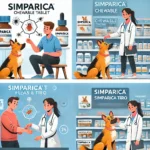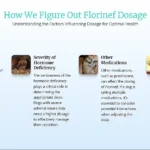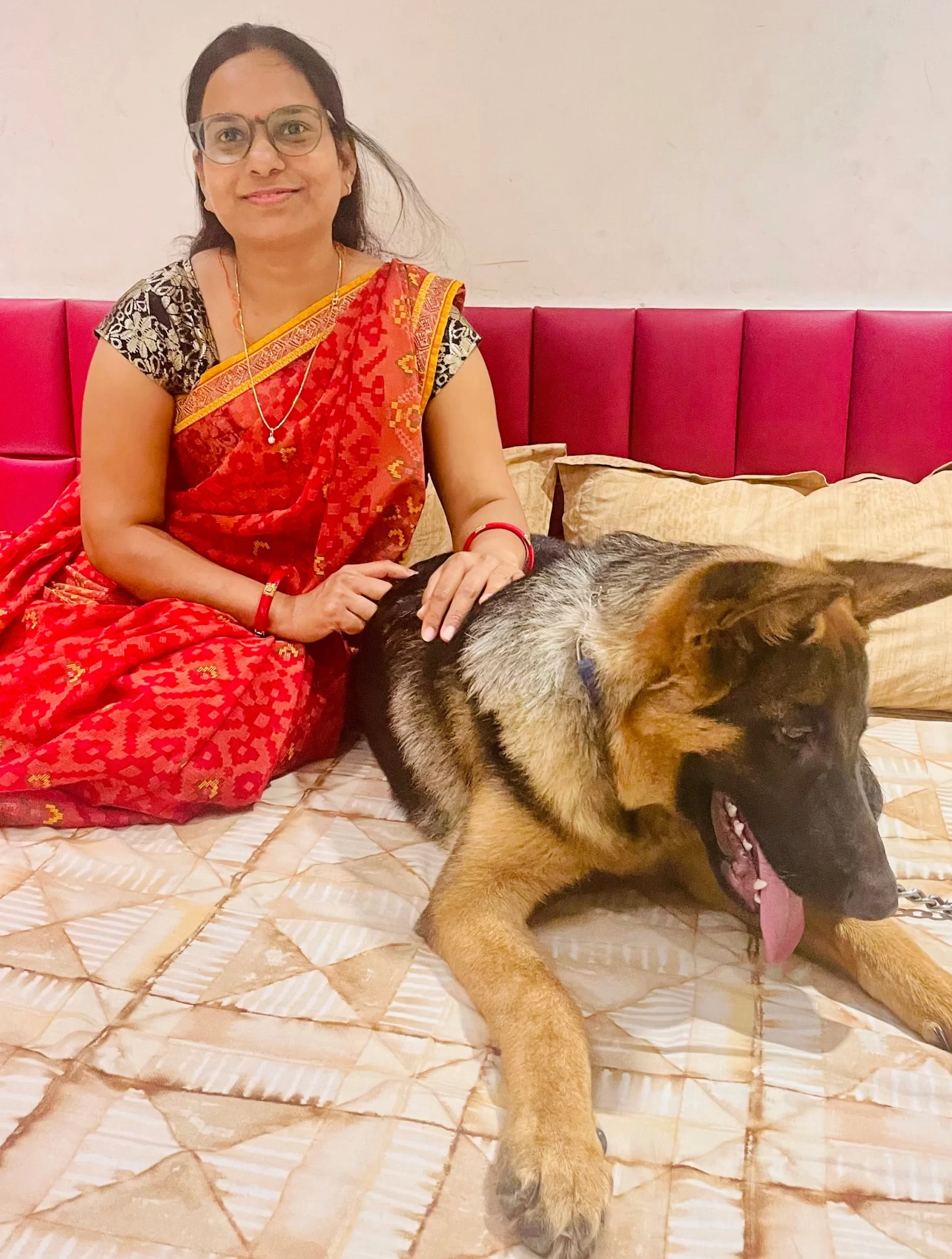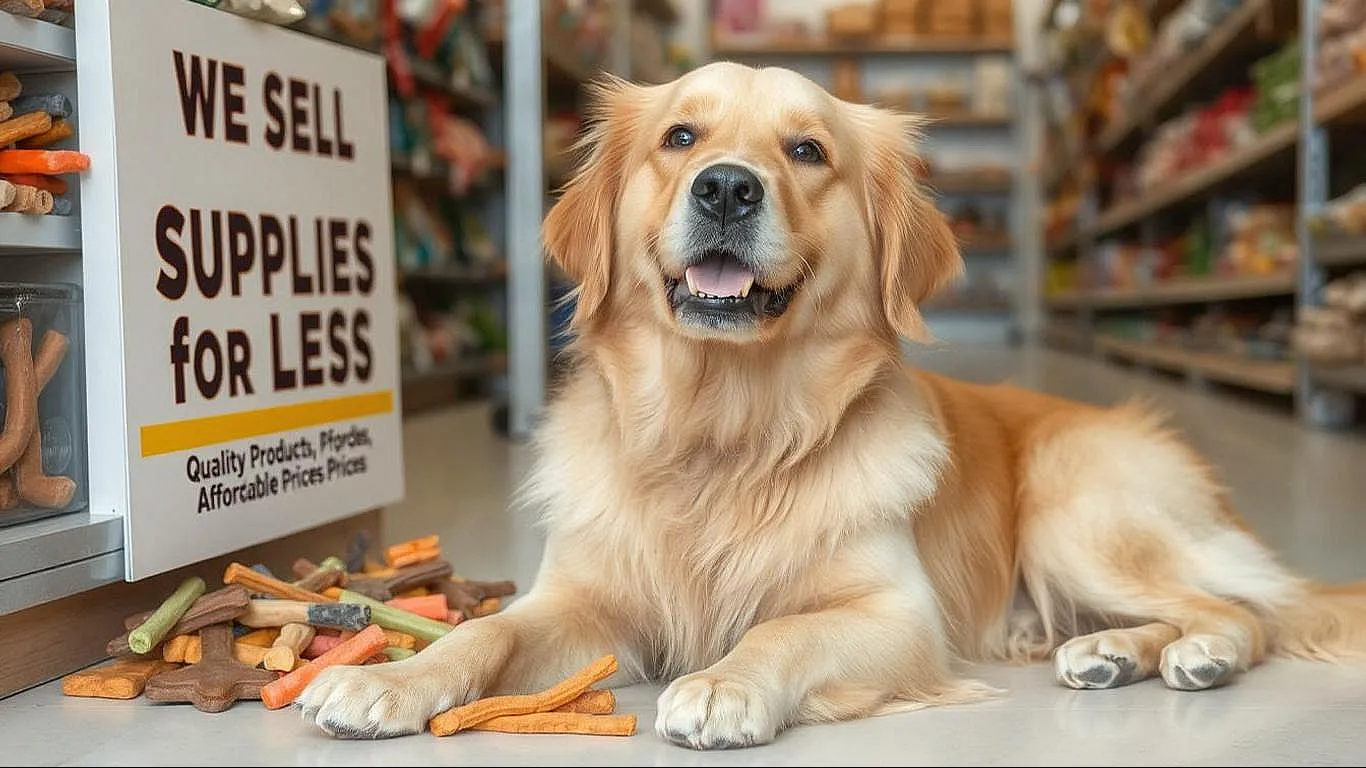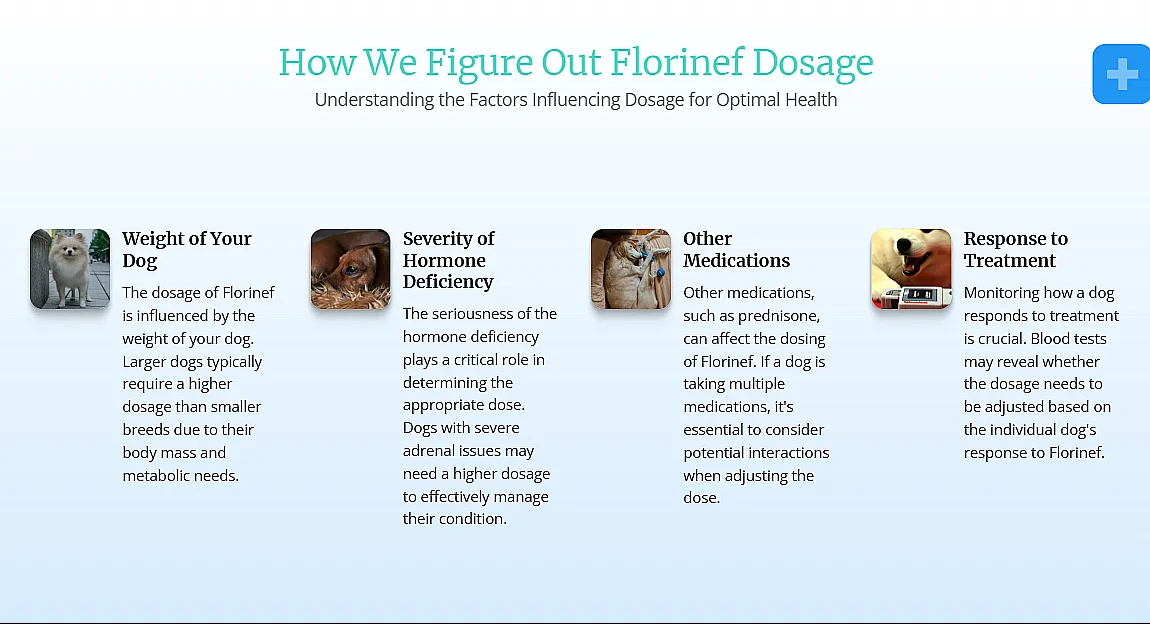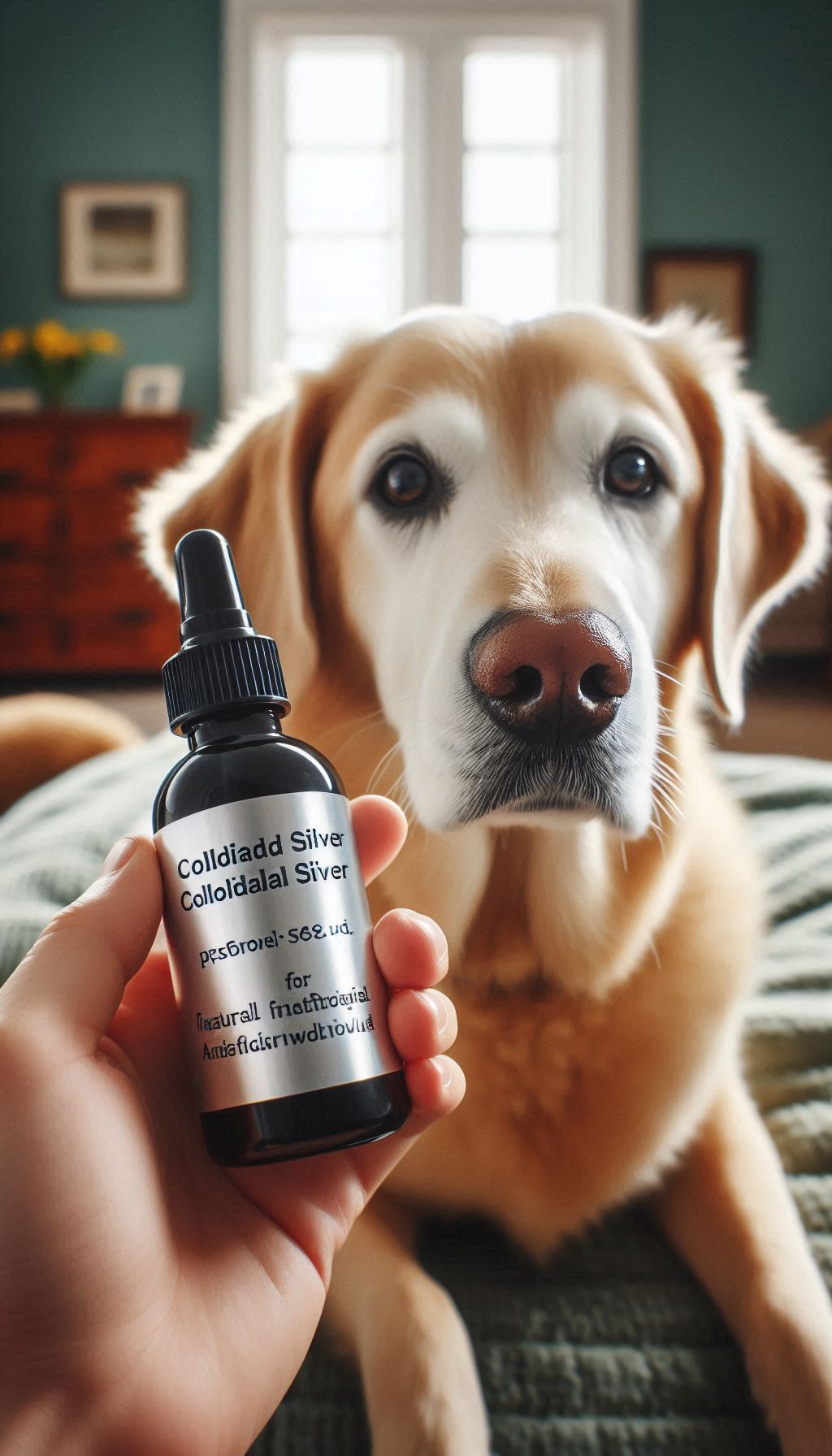Welcome to our blog on healing your wounds after a dog bite. Dog bites can be a serious matter and proper wound care is essential for a speedy recovery.
In addition to seeking medical care, it is important to watch your diet as certain foods can hinder the healing process or even worsen infection.
This blog will guide you on the foods to avoid after a dog bite, such as spicy foods and citrus fruits, which can cause irritation or inflammation.
We will also discuss foods that may impede healing, like sugary treats and processed foods.
Lastly, we will provide nutritional guidelines for promoting wound healing, including fresh fruits and vegetables, and lean protein sources.
By following these guidelines, you can aid in your body’s healing process and prevent complications. Let’s dive in!
Understanding the seriousness of dog bites and the importance of proper wound care
Dog bites can be a serious matter and should not be taken lightly. They have the potential to cause infection, tissue damage, and scarring if not properly treated. It is crucial to seek medical attention immediately after a dog bite to assess the severity of the wound and receive appropriate care.
Proper wound care is essential for a speedy recovery. This includes cleaning the wound thoroughly, applying an antibiotic ointment, and keeping it covered with a sterile dressing. It is important to follow any instructions given by your healthcare provider to ensure the wound heals properly and to prevent complications. Taking prompt action and adhering to proper wound care measures is crucial for minimizing the risk of infection. Remember, the faster and more effectively you address a dog bite, the better chances you have for quick healing and recovery.
Foods to Avoid After a Dog Bite
After a dog bite, it is important to be mindful of the foods you consume as some can hinder the healing process and potentially worsen the infection. Here are some foods to avoid:
- Spicy Foods: Spicy foods can irritate the wound and cause discomfort, so it’s best to steer clear of them.
- Citrus Fruits: Citrus fruits are acidic and can delay the healing process, so it’s advisable to avoid them.
- Sugary Treats: Sugary foods can contribute to inflammation and slow down the healing process, so it’s wise to cut back on these.
- Processed Foods: Processed foods often contain additives and preservatives that can hinder wound healing, so it’s better to opt for fresh alternatives.
- Dairy Products: Dairy products can increase mucus production and potentially worsen any existing infection, so it’s better to avoid them.
- Red Meat: Red meat can be tougher to digest and may impede the healing process, so it’s recommended to choose lean protein sources.
Spicy Foods
After a dog bite, it is important to avoid consuming spicy foods. Spicy foods can irritate the wound and cause discomfort, which can hinder the healing process. The heat from spicy ingredients can increase inflammation and pain around the affected area, making it harder for the wound to heal properly. It’s best to steer clear of foods containing chili peppers, hot sauce, or other spicy seasonings. Instead, opt for milder alternatives that are gentle on the wound. By avoiding spicy foods, you can promote a faster and more comfortable healing process.
Citrus Fruits
When it comes to healing your wound after a dog bite, it’s important to steer clear of citrus fruits. Although citrus fruits like lemons are a good source of vitamin C, they can irritate the wound and cause discomfort. The acidic nature of citrus fruits can hinder the healing process and increase inflammation around the affected area. It’s best to avoid consuming citrus fruits such as lemons, oranges, and grapefruits until your wound is fully healed. Instead, focus on incorporating other fresh fruits and vegetables that promote wound healing without causing any irritation.
Foods that Can Impede Healing
When it comes to healing your wound after a dog bite, there are certain foods that can impede the healing process. It’s important to avoid these foods to ensure optimal healing and recovery. Here are some foods that you should stay away from:
- Sugary treats: Sugary foods can contribute to inflammation and slow down the healing process. Avoid candies, cookies, and other sugary treats that can hinder your body’s ability to repair the wound.
- Processed foods: Processed foods are often high in unhealthy fats, sodium, and artificial additives. These can interfere with the healing process and hinder your body’s natural ability to recover.
By avoiding these foods, you can give your body the best chance to heal efficiently and effectively after a dog bite.
Sugary Treats
After a dog bite, it is crucial to avoid consuming sugary treats in order to promote optimal wound healing. Sugary foods can contribute to inflammation and hinder the body’s ability to repair the wound efficiently. It is important to steer clear of candies, cookies, and other sugary treats that can impede the healing process. Instead, focus on consuming nutrient-dense foods that support the body’s healing mechanisms. Opt for fresh fruits, vegetables, and lean protein sources to provide the necessary nutrients for speedy recovery. By avoiding sugary treats, you can enhance the healing process and ensure a smoother recovery from a dog bite.
Processed Foods
When it comes to promoting wound healing after a dog bite, it is crucial to avoid consuming processed foods. These types of foods are usually high in unhealthy fats, sodium, and artificial ingredients, which can hinder the body’s ability to heal efficiently. Processed foods can also contribute to inflammation and delay the recovery process. Instead, opt for whole, unprocessed foods that are rich in nutrients and vitamins. Focus on incorporating fresh fruits, vegetables, lean proteins, and whole grains into your diet to provide your body with the necessary nutrients for optimal healing. By avoiding processed foods, you can support your body’s healing mechanisms and promote a quicker recovery from a dog bite.
Foods that May Worsen Infection
When it comes to promoting wound healing after a dog bite, it’s important to avoid certain foods that may worsen an infection. Here are some foods to steer clear of:
- Dairy Products: Dairy products, such as milk and cheese, can be high in bacteria and may increase the risk of infection. It’s best to avoid these until the wound has healed.
- Red Meat: Red meat, especially undercooked or raw, can carry bacteria that could further infect the wound. Opt for lean protein sources like poultry or fish instead.
By avoiding these foods that can worsen infection, you can help support your body’s healing process and ensure a smoother recovery from a dog bite.
Dairy Products
Avoid consuming dairy products after a dog bite to minimize the risk of infection. Dairy products like milk and cheese can contain high levels of bacteria, which can worsen the infection and slow down the healing process. It is best to steer clear of these products until the wound has completely healed. Opt for alternative sources of calcium and protein, such as plant-based milk or yogurts, if necessary. Keeping a close eye on your diet and avoiding dairy products will support your body’s healing process and promote a smoother recovery after a dog bite.
Red Meat
When it comes to healing your wounds after a dog bite, it is best to avoid consuming red meat. Red meat can be tough to chew, which can irritate the wound and impede the healing process. Additionally, red meat is often high in saturated fat, which can increase inflammation in the body and slow down the healing process. Opt for lean protein sources, such as chicken, fish, or beans, which provide essential nutrients for wound healing without the negative effects of red meat. By choosing alternative protein sources, you can support your body’s healing process and promote a faster recovery after a dog bite.
Nutritional Guidelines for Promoting Wound Healing
To promote optimal wound healing after a dog bite, it’s important to follow these nutritional guidelines:
- Include Fresh Fruits and Vegetables: These are packed with essential nutrients like vitamins, minerals, and antioxidants, which can boost your immune system and aid in tissue repair.
- Choose Lean Protein Sources: Opt for lean protein sources such as chicken, fish, or beans. These provide the necessary building blocks for tissue regeneration and help repair damaged skin.
- Stay Hydrated: Drink plenty of water to keep your body hydrated. This helps maintain proper blood circulation and ensures that your body can deliver the necessary nutrients to the wound site.
- Incorporate Whole Grains: Whole grains are rich in fiber and promote wound healing by providing sustained energy and regulating blood sugar levels.
- Include Healthy Fats: Incorporate sources of healthy fats, such as avocados, nuts, and olive oil, into your diet. These fats help reduce inflammation and support the body’s healing process.
By following these guidelines, you can provide your body with the necessary nutrients to support the healing process and minimize the risk of infection after a dog bite. Remember to consult with a healthcare professional to tailor your diet to your specific needs and to ensure a speedy recovery.
Fresh Fruits and Vegetables
Incorporating fresh fruits and vegetables into your diet is crucial for promoting wound healing after a dog bite. These nutrient-rich foods provide essential vitamins, minerals, and antioxidants that boost your immune system and aid in tissue repair. Choose a variety of fruits such as berries, oranges, and melons, as well as vegetables like leafy greens, broccoli, and peppers. These foods not only provide the necessary nutrients for healing, but they also help reduce inflammation and maintain overall health. Remember to include a colorful array of fruits and vegetables in your meals to maximize their healing benefits.
Lean Protein Sources
When it comes to promoting wound healing after a dog bite, incorporating lean protein sources into your diet is crucial. These foods provide essential amino acids that support tissue repair and the formation of new cells. Here are some lean protein sources that you can include in your meals:
- Skinless chicken or turkey breast
- Fish, such as salmon or tuna
- Beans and legumes, like lentils or chickpeas
- Greek yogurt or cottage cheese (low-fat options)
- Tofu or tempeh for vegetarian or vegan options
These lean protein sources not only provide the necessary building blocks for wound healing, but they also help maintain muscle mass and support overall immune function. Remember to choose lean cuts of meat and opt for cooking methods like grilling or baking to keep the protein content intact.
Conclusion
In conclusion, proper wound care and a healthy diet play crucial roles in promoting optimal healing after a dog bite. By avoiding certain foods that can impede healing, worsen infection, or contribute to inflammation, you can support the recovery process. It is important to refrain from consuming spicy foods, citrus fruits, sugary treats, processed foods, dairy products, and red meat. Instead, focus on incorporating fresh fruits and vegetables, as well as lean protein sources like skinless chicken or turkey breast, fish, beans, legumes, and Greek yogurt. By following these nutritional guidelines, you can enhance your body’s ability to heal and recover efficiently. Remember to always seek medical attention and consult with a healthcare professional for proper wound care.
Taking necessary precautions and maintaining a healthy diet for optimal wound healing after a dog bite.
After a dog bite, it is crucial to take necessary precautions and maintain a healthy diet to promote optimal wound healing. Here are some steps you can take:
- Clean the wound thoroughly with soap and water to reduce the risk of infection.
- Apply an antiseptic ointment and cover the wound with a sterile bandage.
- Follow your healthcare professional’s instructions for wound care and any necessary medications.
- Avoid activities that may put strain on the wound or increase the risk of infection.
- Eat a balanced diet rich in fresh fruits and vegetables, lean proteins, and whole grains to provide your body with the necessary nutrients for healing.
- Stay hydrated to support your body’s natural healing processes.
- Seek medical attention if you experience signs of infection, such as increasing pain, redness, swelling, or discharge.
By following these precautions and maintaining a healthy diet, you can optimize the healing process and minimize complications after a dog bite.




